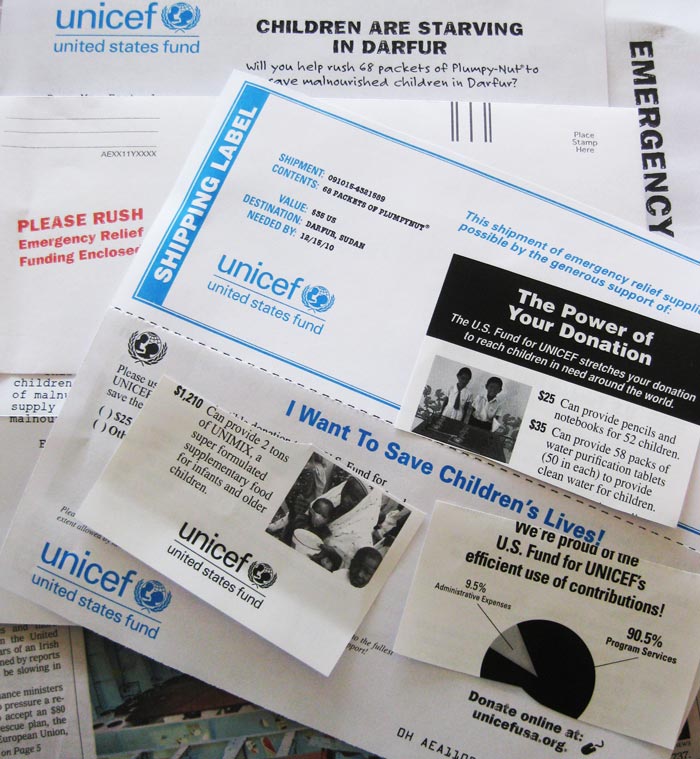Living in Emergency
by Pierluigi Musarò, Associate Professor of Political Science at the University of Bologna at Forli, and a visiting scholar at NYU’s Institute for Public Knowledge A few months ago I organized a conference in Bologna on the topic of humanitarian emergencies and communication. I invited the communication manager of one of Italy’s most famous and most influential NGOs, called Emergency. He accepted but told me, “You should know that we do not deal with emergency, but rather than with development and health.”
As they admitted, their concern is not emergency. So why did they name their NGO Emergency?
I believe their choice (consciously or not) reflects the way discourse in the humanitarian space has increasingly come to describe global problems as “emergencies.”
A hallmark of mainstream economic and political thought in the West is the optimistic belief in Development as a more or less steady, linear progress towards a clear goal. But a combination of factors in the post-Cold War era has made the deviations from this narrative increasingly visible. For one, the media’s increasing ability to confront us with shocking images of suffering from places previously too remote to be imagined have created a demand that “something be done” urgently in the face of that suffering. For another, shifting international norms and commitments have generated an obligation to help distant strangers. At the same time, charities and NGOs have grown and proliferated, professionalizing their fundraising and marketing efforts.
As a result, we find ourselves living in a world of constant emergencies.
Nowadays, issues of human rights, governance, gender inequality, conflict, and poverty are all packaged and sold to us as humanitarian emergencies! Don’t agree? Watch this video from the UK’s umbrella organization for funding NGO appeals. As sirens wail, the compelling voice recites: “It is not about the right and wrong of the conflict. This people simply need your help.” But under what definition of the word is the 60-year Israeli-Palestinian conflict rightly called an emergency? In Algeria, 200,000 Sahrawis are waiting out a 36-year stalemate in refugee camps. Is it an emergency or a long-term political problem? Does the concept of “emergency” help us to grasp or solve these problems?
Emergencies by definition are sudden, unexpected exceptions to the natural order of things. They are an aberration, a tear in the fabric of normalcy, a disease in an otherwise healthy body. As such they demand urgent action, a quick cure. As NYU social sciences professor Craig Calhoun has written, “The term emergency became a sort of counterpoint to the idea of global order. Things usually worked well, it was implied, but occasionally went wrong….Where there is a discontinuity, there must be intervention to restore linearity and predictable functioning.”
What is at stake? The rhetoric of emergencies creates a powerful illusion that shapes both perception and action. Intractable problems that reveal the contradictions and limits of development are framed as emergencies, and NGOs as low cost managers that can intervene to solve these “exceptions” to the global order and put things right again.
If only it were so simple.
 From Aid to Equality
From Aid to Equality



